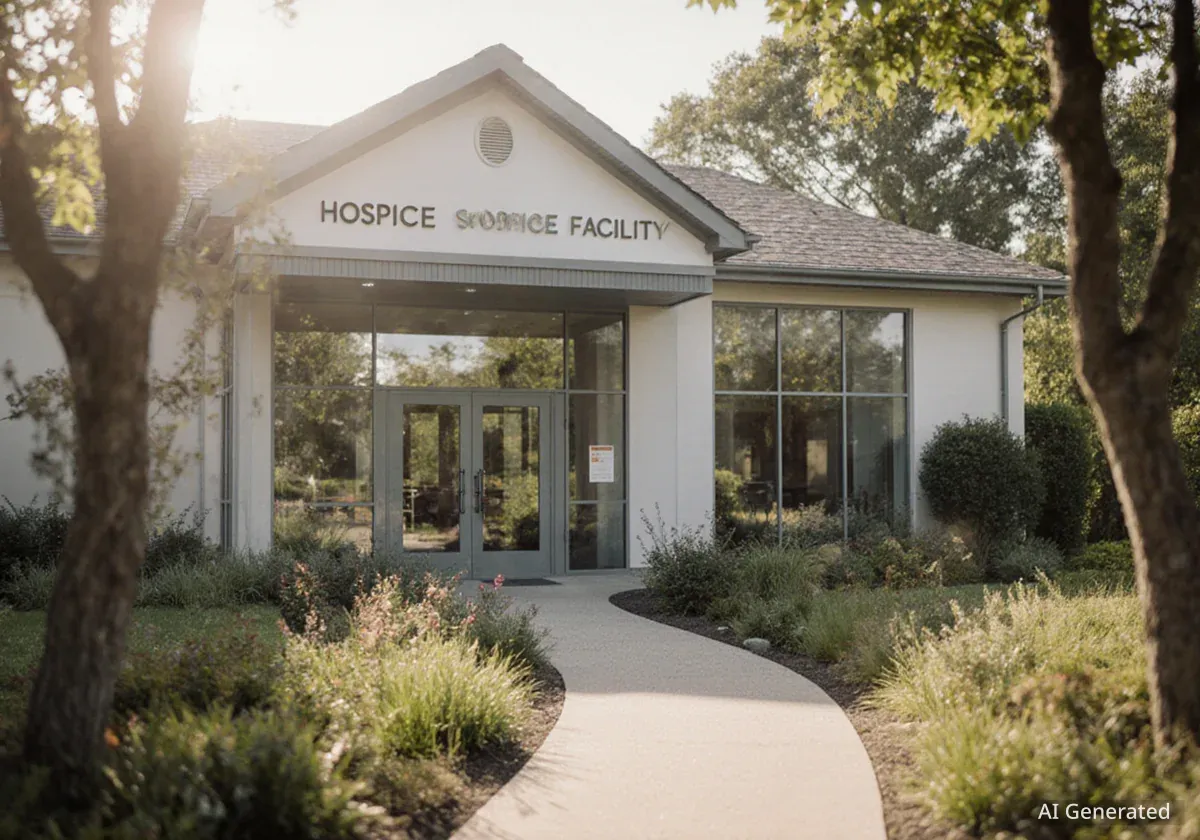Thirty Swiss Army personnel experienced gastrointestinal issues during a refresher course near Bern. The situation has stabilized, and those affected are recovering. The exact cause of the illness remains unknown at this time, according to army officials.
Key Takeaways
- Thirty army members developed gastrointestinal symptoms.
- No severe cases were reported among the affected personnel.
- The situation has stabilized, and individuals are recovering.
- The cause of the illness is currently under investigation.
- Affected soldiers were separated to prevent further spread.
Illness Affects Refresher Course Participants
Approximately 30 members of a Swiss Army refresher course reported gastrointestinal complaints. These incidents occurred in the Bern region, prompting immediate action from military authorities. The initial reports of symptoms emerged on Monday, leading to a swift response to manage the situation.
Army spokesperson Delphine Schwab-Allemand confirmed the details to Keystone-SDA on Tuesday. She stated that the condition of the affected individuals is improving. The focus is now on ensuring their complete recovery and identifying the source of the illness.
Fact Check
- Affected Personnel: 30
- Location: Bern region
- Condition: Stabilized, improving
- Severity: No grave cases reported
- Cause: Unknown
No Severe Cases Reported, Recovery Underway
Despite the number of individuals affected, the army confirmed that no severe cases of gastrointestinal illness were reported. This is a crucial detail, indicating that while uncomfortable, the symptoms did not lead to critical health conditions for the soldiers involved. Medical teams are closely monitoring the recovering personnel.
Schwab-Allemand emphasized that the situation has now stabilized. "The situation has stabilized, and those affected are slowly getting better," she stated. This positive development means the immediate health crisis has passed, allowing for a more thorough investigation into the root cause.
"The situation has stabilized, and those affected are slowly getting better."
- Delphine Schwab-Allemand, Army Spokesperson
Preventative Measures Implemented Promptly
Upon receiving the initial reports of illness, the army took immediate steps to prevent a wider outbreak. The 30 affected army members were promptly separated from the rest of their unit. This measure aimed to contain any potential contagion and protect other soldiers participating in the refresher course.
This isolation protocol is a standard procedure in such health-related incidents. It helps to minimize the risk of the illness spreading throughout the barracks or among a larger group of military personnel. The quick implementation of these measures likely contributed to the stabilization of the situation.
Investigation into Cause Ongoing
As of now, the cause of the gastrointestinal complaints remains undetermined. Army officials are conducting an investigation to pinpoint the source of the illness. This includes examining potential factors such as food, water, or other environmental elements within the training area.
Identifying the cause is essential for implementing long-term preventative strategies. It will also help ensure that similar incidents do not occur in future military exercises or courses. The army is committed to maintaining the health and safety of its personnel.
Background Information
Refresher courses, known as 'Wiederholungskurse' (WK) in German, are a fundamental part of Swiss military service. They involve reservists returning for regular training periods to maintain their skills and readiness. These courses typically last several weeks and involve various exercises and drills. Maintaining health and hygiene during these periods is a high priority for the Swiss Army.
Impact on Refresher Course Activities
The incident likely caused some disruption to the scheduled activities of the refresher course. However, the army's swift response and the stabilization of the health situation suggest that the overall impact on the course's objectives may be limited. The priority was the well-being of the soldiers.
The separation of affected personnel allowed other parts of the unit to potentially continue their training, albeit with heightened awareness and hygiene protocols. Such incidents underscore the importance of robust health and safety measures in military operations.
Future Health Protocols Reviewed
Following the investigation, the Swiss Army will likely review its health and hygiene protocols. This continuous improvement process helps to adapt to new challenges and prevent future health incidents. Lessons learned from this event will inform future training and operational guidelines.
Ensuring a safe and healthy environment for all military personnel is paramount. This includes strict adherence to food safety standards, water quality checks, and general sanitation practices in all military facilities and during field exercises. The army's commitment to these standards is unwavering.
Public Health Implications
While the incident occurred within a military context, public health authorities are often informed of such outbreaks. This collaboration ensures broader epidemiological surveillance and response if necessary. However, given the containment measures, a wider public health risk appears unlikely.
The swift action of the military to isolate the affected individuals played a key role in managing the situation effectively. This demonstrates the importance of rapid response in preventing the spread of infectious diseases, whether in civilian or military settings.
Key Numbers
- 30 soldiers affected.
- 0 severe cases reported.
- Situation stabilized within days.
- Investigation into cause is ongoing.




